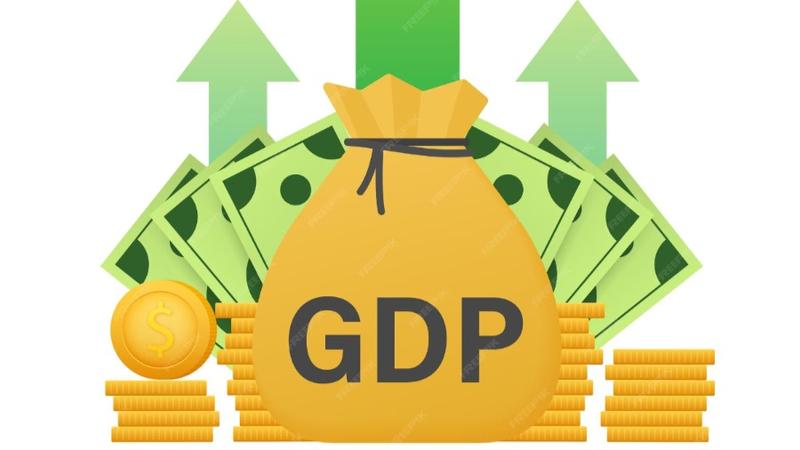Published 18:34 IST, November 29th 2024
India's economy slows sharply at 5.4% in Q2 of FY25
The world's fifth biggest economy rose by 5.4 per cent in July-September year-on-year, data showed on Friday, the slowest pace in seven quarters

India's economy slowed much more than expected in July-September, hampered by weaker expansions in manufacturing and consumption, which will add pressure on the central bank to cut interest rates.
Gross domestic output in the world's fifth biggest economy rose by 5.4 per cent in July-September year-on-year, data showed on Friday, the slowest pace in seven quarters and well below a Reuters poll of 6.5 per cent. In the previous quarter, it grew 6.7 per cent.
The gross value added (GVA), a more stable measure of economic activity, saw a modest 5.6 per cent growth, easing from a 6.8 per cent increase in the previous quarter. Economists said private consumption, accounting for 60 per cent of GDP, and manufacturing has been hit by slower urban spending due to rising food inflation, high borrowing costs and weak real wage growth, despite a recovery in rural demand.
BROAD-BASED SLOWDOWN
A slowdown was visible across a number of sectors but was most pronounced in manufacturing, where growth slowed to 2.2per cent year-on-year in July-September, versus 7 per cent growth in the previous quarter.
"The manufacturing sector appears to have taken the maximum beating," said Upasna Bhardwaj, economist at Kotak Mahindra Bank, estimating that full-year economic growth could be around 6.2per cent.
Economists say inflation, now running at around 6 per cent, is biting into demand for goods ranging from soaps to shampoos to cars, particularly in urban areas.
Private consumer spending rose 6.0per cent in July-September from a year earlier, compared to a 7.4 per cent increase in the previous quarter.
Agricultural output rose 3.5per cent in July-September from a year earlier due to a good monsoon, up from 2 per cent growth in the previous quarter.
India remains among the fastest-growing major economies with government officials forecasting a potential regaining of momentum in the second half of the fiscal year, helped by improved rural demand after a strong monsoon and a pick-up in government spending.
Still, economists warned that full-year economic growth could be much lower than the central bank's estimate of 7.2 per cent.
Bond yields and overnight index swap rates, seen as an indicator of interest rates, fell after the release of the GDP data, signalling an increased probability of an interest rate cut in February.
The Reserve Bank of India (RBI) has not cut rates since May 2020.
A few economists said the central bank may even consider a rate cut in December.
"Post-today's (GDP) print, there is a high probability of an RBI rate cut in December," said Gaura Sen Gupta, economist at Mumbai-based IDFC First Bank.
Indian government spending in real terms rose 4.4 per cent year-on-year in July-September, compared to a 0.2 per cent contraction in the previous quarter, data showed.
India's finance and trade ministers have called for lower interest rates to help industries ramp up investments and build capacity.
The RBI's Monetary Policy Committee left its benchmark repo rate INREPO=ECI unchanged at 6.50 per cent last month due to still high inflation while tweaking its policy stance to "neutral".
The MPC will announce the next policy decision on Dec. 6.
Updated 18:34 IST, November 29th 2024




